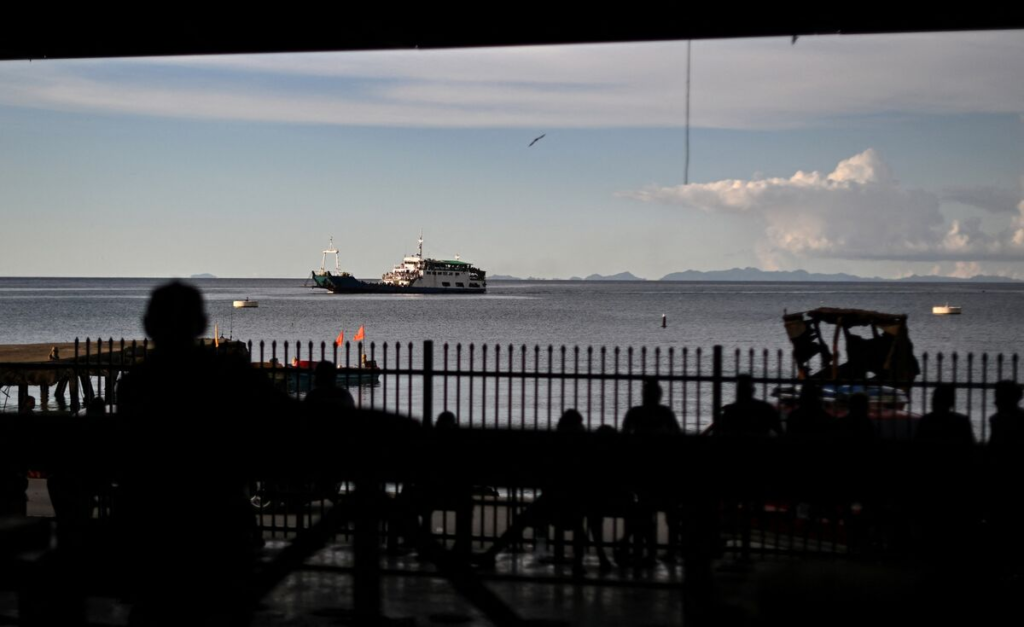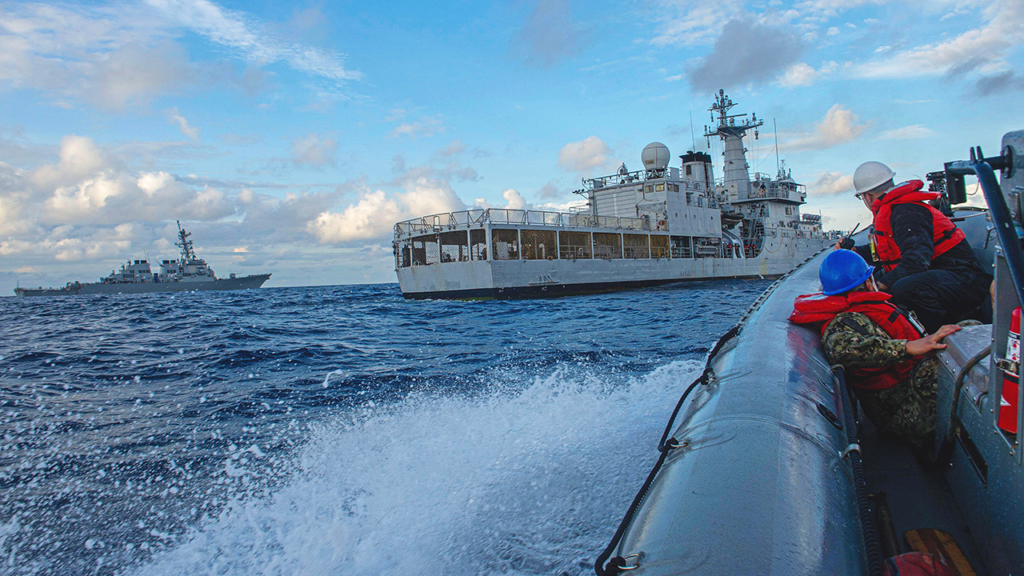Deep-Sea Mining in the Cook Islands: US-China Race for Minerals
Beneath the Pacific Ocean, the seafloor around the Cook Islands holds polymetallic nodules—rocks rich in cobalt, nickel, and manganese. These metals are essential for clean energy, defense systems, and AI technologies. Positioned between Hawaii and New Zealand, the Cook Islands has become a hotspot as both the US and China explore deep-sea mining.

Geopolitical analysts call this a “race to the bottom of the sea,” with both powers striving to secure early access to these minerals.https://www.youtube.com/watch?v=cb40cmmz8BQ
Why the Cook Islands Matter for Global Mineral Supply
As land-based reserves shrink and China dominates the mineral market, attention has shifted to the ocean floor. Polymetallic nodules contain metals crucial for modern technology. Although commercial deep-sea mining has not begun, nations conduct surveys and technical assessments to prepare for potential extraction.
Currently, the Cook Islands prohibits active seabed mining but supports research to understand environmental and technical challenges.

Strategic Moves by the US and China
In 2025, the US sent research vessels to map mineral-rich areas of the Cook Islands’ seabed and provided $250,000 in technical assistance to support local capacity-building. Meanwhile, China signed agreements with the Cook Islands to conduct joint research and may partner with other Pacific nations, including Kiribati.
Both nations aim to gain a strategic advantage in the global supply of critical minerals, making the Cook Islands a center of international competition.

Environmental Risks of Deep-Sea Mining
Scientists warn that deep-sea mining could harm fragile underwater ecosystems. Activities may generate sediment plumes, noise, and light pollution, risking irreversible damage to vulnerable habitats.
The Cook Islands emphasizes research-led decisions, ensuring future mining relies on scientific evidence to reduce ecological harm.
Balancing Development with Sustainability
Authorities focus current collaborations on marine science, not mining. Environmental groups advocate for independent oversight to prevent the Cook Islands’ interests from being overshadowed by global powers. Achieving economic growth while protecting marine biodiversity remains the primary challenge in this resource-rich but fragile ocean region.

Geopolitical Implications of Deep-Sea Mining
Experts caution that the race for Cook Islands minerals could trigger unregulated exploitation without strong international frameworks. China commits to following international ocean law, while the US is not a signatory to the United Nations Convention on the Law of the Sea, raising concerns over different management approaches.
Conclusion: The Cook Islands at the Center of a Global Mineral Race
As the US and China intensify efforts to secure critical minerals, the Cook Islands sits at a crossroads of opportunity and risk. Responsible research, environmental safeguards, and transparent international cooperation will determine whether these underwater resources benefit the nation without destroying its fragile ecosystems.




